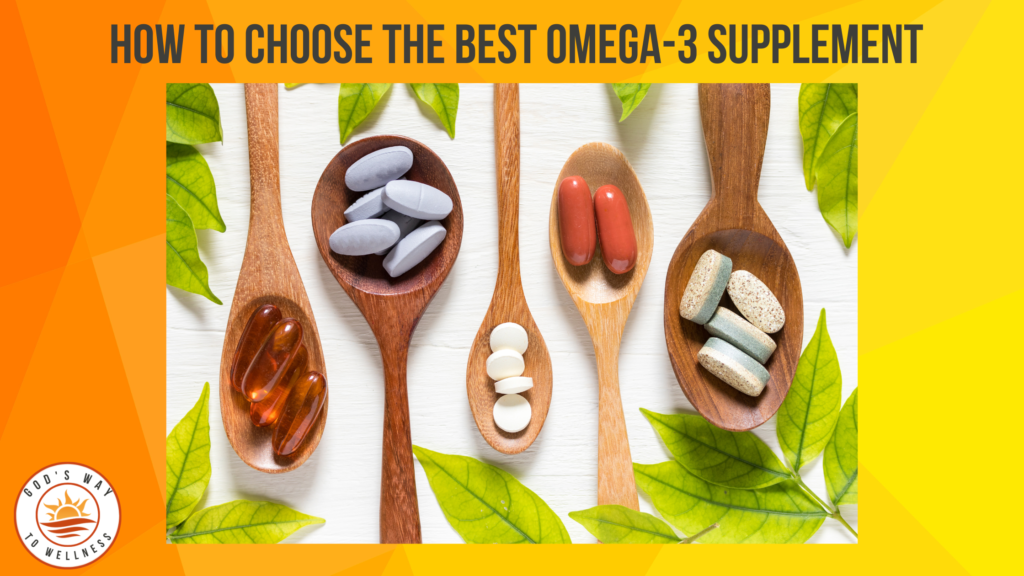In 2013, President Barack Obama claimed broccoli was his favorite vegetable at the White House Kids’ State Dinner. These dinners were part of Michelle Obama’s campaign called “Let’s Move” established to confront and resolve the challenge of childhood obesity. However, President George H. W. Bush announced in 1990 he did not like broccoli and would never eat it again.
So, it seems broccoli stirs up powerful emotions on both sides of the aisle. But we all know broccoli is good for you. But did you ever wonder what makes broccoli extraordinary?
Why eat broccoli?
Research shows broccoli lowers the risk of cancer, heart disease, and type 2 diabetes. It may treat certain types of autism and improve the outcomes of traumatic brain injury. 1 2
Broccoli also contains lutein, a compound shown to prevent macular degeneration, a common eye disorder in people over 50. 2 In addition, it may lower the risk of Alzheimer’s disease and other neurodegenerative diseases. 3
There are many mechanisms for the healing power of broccoli. It lowers inflammation. Increased inflammation causes most chronic diseases. Another is it encourages the detoxification process. Eating broccoli sprouts boosts the immune system.
Broccoli and other cruciferous vegetables contain fiber, potassium, vitamin C and vitamin K. But there is one powerhouse compound found only in broccoli and red Russian kale
Why broccoli is good for you
Plants contain a variety of compounds called chemoprotectors or phytochemicals. These compounds protect the plant against their enemies. For example, bacteria, fungi, viruses, pests, and bugs are all enemies of plants.
But glucoraphanin is a phytochemical found only in broccoli and red Russian kale. Though many other cruciferous vegetables (Brussels sprouts, cabbage, kale, cauliflower) contain other phytochemicals and nutrients, broccoli is unique.
A chemical reaction converts the glucoraphanin in broccoli to sulforaphane. This reaction requires an enzyme, myrosinase. (Enzymes speed of the rate of chemical reactions.) Chopping and chewing broccoli releases the enzyme to begin the reaction.

Sulforaphane activates the Nrf2 pathway that regulates over 600 genes, including those controlling toxin removal, inflammation, and protecting cells of our body from damage. 4 Sulforaphane is why broccoli is good for you.
How to cook broccoli
The enzyme myrosinase is heat sensitive. Therefore, cooking broccoli at high temperatures decreases the conversion of glucoraphanin to sulforaphane. Bacteria in the gut produce myrosinase, but this varies from person to person.
Therefore, it is best to steam broccoli for only 2-3 minutes or eat it raw for maximum nutritional benefits.
In addition, eat all parts of the plant, including the stalk and leaves. Each part of a plant contains different phytochemicals.
Several other plants contain myrosinase, such as wasabi, yellow mustard powder, and daikon radish. Adding to cooked broccoli increases the availability of myrosinase.
Benefits of broccoli sprouts
Broccoli sprouts are the best way to consume broccoli because they contain the highest amount of glucoraphanin (as much as 100 times more than raw broccoli).
Grow broccoli sprouts at home on your kitchen counter. Check out this video from Dr. Rhonda Patrick, from Found My Fitness, for more expert information about broccoli sprouts and how to grow them at home.
What if I don’t like broccoli?
If you don’t like the taste or cannot eat broccoli, supplements are available. Most contain glucoraphanin. But make sure they also contain myrosinase. Supplements containing sulforaphane are rare because it is an unstable compound.
TrueBroc offers supplements, coffee, and teas containing glucoraphanin. Check out this recommended supplement containing glucoraphanin and myrosinase. 5
Conclusion
The amazing benefits of broccoli and broccoli sprouts prove broccoli is good for us. How extraordinary that God made plants with mechanisms of defense, but when we eat the plant, it is medicine for us. This is one more reason to eat real food made by God, not in a factory.
References
- https://www.foundmyfitness.com/episodes/jed-fahey-q-a
- https://www.healthline.com/nutrition/sulforaphane#benefits
- https://www.foundmyfitness.com/episodes/jed-fahey-q-a
- https://www.fxmedicine.com.au/blog-post/power-nrf2-pathway
- https://www.foundmyfitness.com/episodes/jed-fahey-q-a
Disclaimer
Any information on this Website is provided for educational purposes only and is not intended as a substitute for the advice provided by a healthcare professional. You should not use the information on this Website for diagnosing or treating a health problem or disease or prescribing any medication or other treatment. You should always speak with a healthcare professional before taking any medication or nutritional, herbal or homeopathic supplement, or adopting any treatment for a health problem. If you have or suspect that you have a medical problem, promptly contact a healthcare professional.




Who knew!! I like broccoli cooked and raw. I’m putting it on the grocery list right now. Thanks
Thank you for your comment, Mary Anne. I am glad you are stocking up on broccoli.
My favorite way to cook broccoli to steam it, then drizzle with butter, a little lemon juice, sprinkle of sea salt and freshly ground pepper. Roasting the florets in the oven is good too, but now I see that might not be the best way to preserve the nutrients.
I love broccoli. My favorite is a broccoli salad that is a summer favorite of my family. Thanks
Thanks for your comment, Carolyn. Broccoli salad sounds delicious!